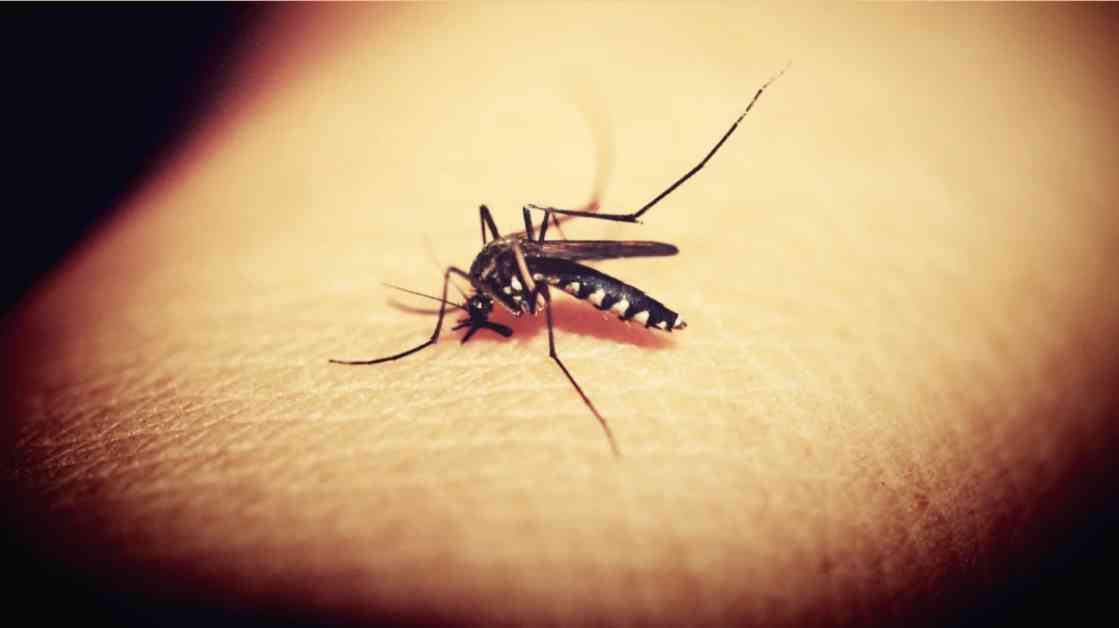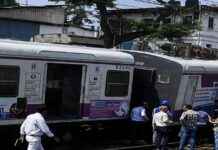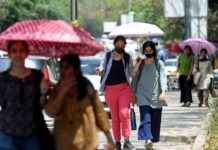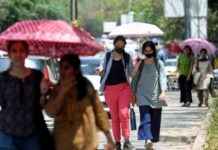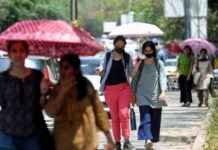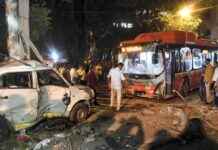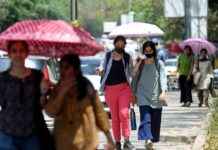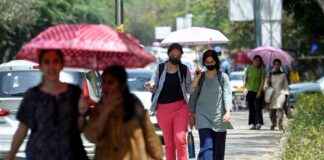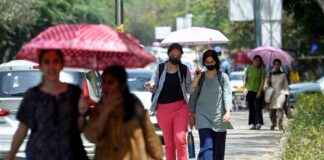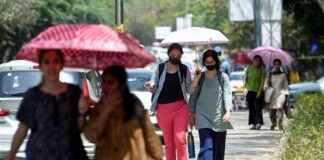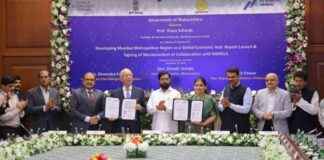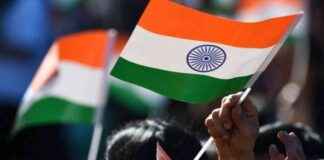Addressing the Mosquito-Borne Disease Outbreak in Mumbai
As the monsoon season hits Mumbai, the city is facing a concerning outbreak of mosquito-borne diseases, with dengue, chikungunya, malaria, and leptospirosis cases on the rise. The BMC Health Department has reported alarming statistics, with an average of two dengue-related deaths per hour in September and an average of 43 malaria cases detected daily. The situation has prompted experts to emphasize the urgent need for preventive measures to curb the spread of these diseases.
Impact of Dengue and Malaria Outbreak
The surge in dengue and malaria cases has put immense strain on Mumbai’s healthcare system, with a significant number of patients requiring hospitalization. Dr. C C Nair, an Internal Medicine Specialist at Lilavati Hospital, highlighted the severity of the situation, stating that many patients admitted with dengue and chikungunya experience a sudden drop in platelet count, necessitating close monitoring and medical intervention. The hospital has seen a spike in chikungunya cases, with 78 reported in the last 15 days alone.
According to BMC Executive Health Officer Dr. Daksha Shah, the months of September and October are particularly conducive to mosquito breeding due to occasional rains, making it crucial for residents to maintain cleanliness in their surroundings to prevent the proliferation of disease-carrying mosquitoes. The data from BMC Health Department revealed that 705 cases of dengue and 652 cases of malaria were reported in the first 15 days of September, underscoring the urgent need for community-wide efforts to combat the outbreak.
Preventive Measures and Recommendations
To mitigate the spread of mosquito-borne diseases, health experts recommend several preventive measures that individuals can adopt. These include regularly clearing stagnant water sources, using mosquito repellents, wearing protective clothing, and ensuring proper sanitation practices. Additionally, community initiatives such as fogging and insecticide spraying can help reduce mosquito populations in high-risk areas.
Dr. Nair emphasized the importance of seeking medical attention promptly if symptoms of dengue or chikungunya manifest, as early diagnosis and treatment can significantly improve patient outcomes. He noted that while the recovery period for these diseases typically ranges from 6 to 7 days with hospital care, timely intervention is crucial in preventing severe complications.
Leptospirosis Cases in Mumbai
In addition to dengue and malaria, Mumbai has also seen an increase in cases of leptospirosis, a bacterial infection transmitted through contact with contaminated water or soil. Between September 1 and 15, 35 cases of leptospirosis have been reported in the city, further highlighting the need for proactive measures to prevent waterborne infections.
As the city grapples with multiple mosquito-borne diseases, it is imperative for residents to prioritize hygiene, sanitation, and mosquito control measures to safeguard public health. By fostering a culture of awareness and proactive prevention, Mumbai can effectively combat the current outbreak and reduce the burden on healthcare facilities.
